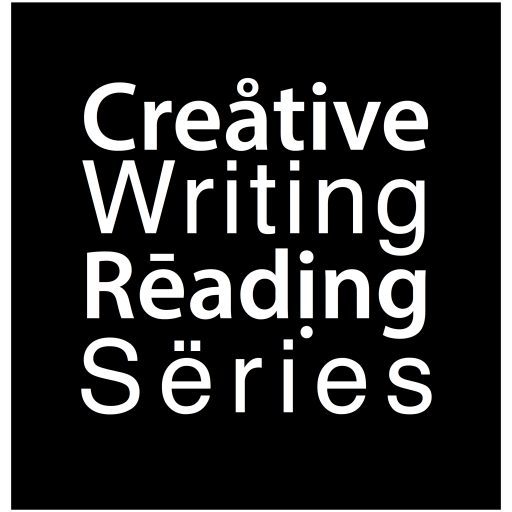A poet and a novelist: Dorothy Lehane and Steve Noyes are two current PhD (Practice as Research) students at the University of Kent, both in their second year. Following on from the series’ previous readings of visceral and cerebral geographies, from roadkill to Freud, and on to the corrupting influence of the city in Montreal, our readers this week traversed the terroir of health and its private and public boundaries by utilising very different modes of textual transport.
Dorothy Lehane’s research explores social, ethical and perceptual questions surrounding permission and authorship in representational poetic practice. Her poetry examines questions concerning cultural encounters and embodied responses in the practice of disability poetry.
Steve Noyes read from his second novel, November Radio. The novel talks of cultural difference, mental health, artistic performance and corruption through the character of Wendy, in China, and Gary, in Canada.
Dorothy Lehane is the author of Ephemeris (Nine Arches Press, 2014) and Places of Articulation (dancing girl press 2014) and she is the founding editor of Litmus Publishing, a press exploring the intersection between science and literature.
She has read her work to audiences at the Science Museum, Wellcome Trust, the Barbican, the Roundhouse and BBC Radio Kent. Recent work appears in the SALT anthology Best of British Poetry 2015, Shearsman, and Tears in the Fence and she has work forthcoming in datableed and Long Poem Magazine.
She opens with Strömen , a German term that is used to designate flow or argument in theoretical papers. She then goes on to read, as a precursor to her final reading, Debriefed, which talks of interacting with another person’s trauma with an acute empathy. The final reading, With Your Permission, features in a forthcoming Long Poem Magazine, Dorothy’s tour de force reading left the audience hushed, and somewhat stricken.
Audio Files of Dorothy Lehane
These open in a new window.
Debriefed
With Your Permission
In the discussion following the readings, Lehane spoke of the dual aspect of theory and practice in her PhD work, how these can occupy distinct temporal spaces and can also interweave. She admits to enjoying writing conference papers (her ‘Xanadu’ perhaps being a non-stop conference!) and how she has drawn on this in her poetry. She discussed her interest in science and poetry: not as a means of ‘explaining’ but a desire to reframe science in a new language, as well as mining scientific discourse for its own embedded metaphors.
Steve Noyes has published nine books of fiction and poetry, and more than a hundred journal publications in Canadian literary magazines and newspapers. His second novel, from which he reads tonight, November’s Radio, was published this year by Oolichan Books.
He is currently working on a long novel for his PhD concerning new age religion and systems of belief. Over the years he has worked at many jobs, including editor, parking lot attendant, printing press grunt and disabilities advocate. More recently, he has taught English in Chinese universities several times and spent more than a decade as a policy analyst in the BC Ministry of Health.
November’s Radio juxtaposes two narratives: Wendy’s, an artist who has abandoned her lover Gary to seek fulfilment in China, and Gary’s, left behind in Canada and struggling with anxiety. In the first reading, Wendy meets with two Chinese performance artists, who she will go on to work with on a moving hologram installation; in the second, Gary meets the sinister Deputy Minister of the Ministry of Wellbeing, where he works. Noyes points out that he was interested in the different ‘styles of corruption’ in Chinese and Canadian cultures, and that this informed the comic tone and satirical intent of the book. He uses his knowledge of statistical methods, drug studies and the politics of the treatment of different illnesses to inform his work.
Audio files of Steve Noyes
These open in a new window.
Audio of first reading (opens in new window)
Audio of second reading (opens in new window)
In the discussion following the readings Steve was asked why he wanted to do a PhD. He explained that he wanted to get out of his job in the Ministry of Health (it turns out his satirical ‘Ministry of Wellbeing’ is not so far removed as we might think), and to spend more time on the literary strand of his life. He also had an idea for a much longer book (700 pages so far!) and wanted to pursue writing with more time to edit, and to think in more detail about both the structure and the intellectual underpinnings of this complex work. He also wanted to visit England as it’s where his father was born.
Both writers welcomed the opportunity to read to their peers, and have been warmly welcomed to the graduate community at Kent.


